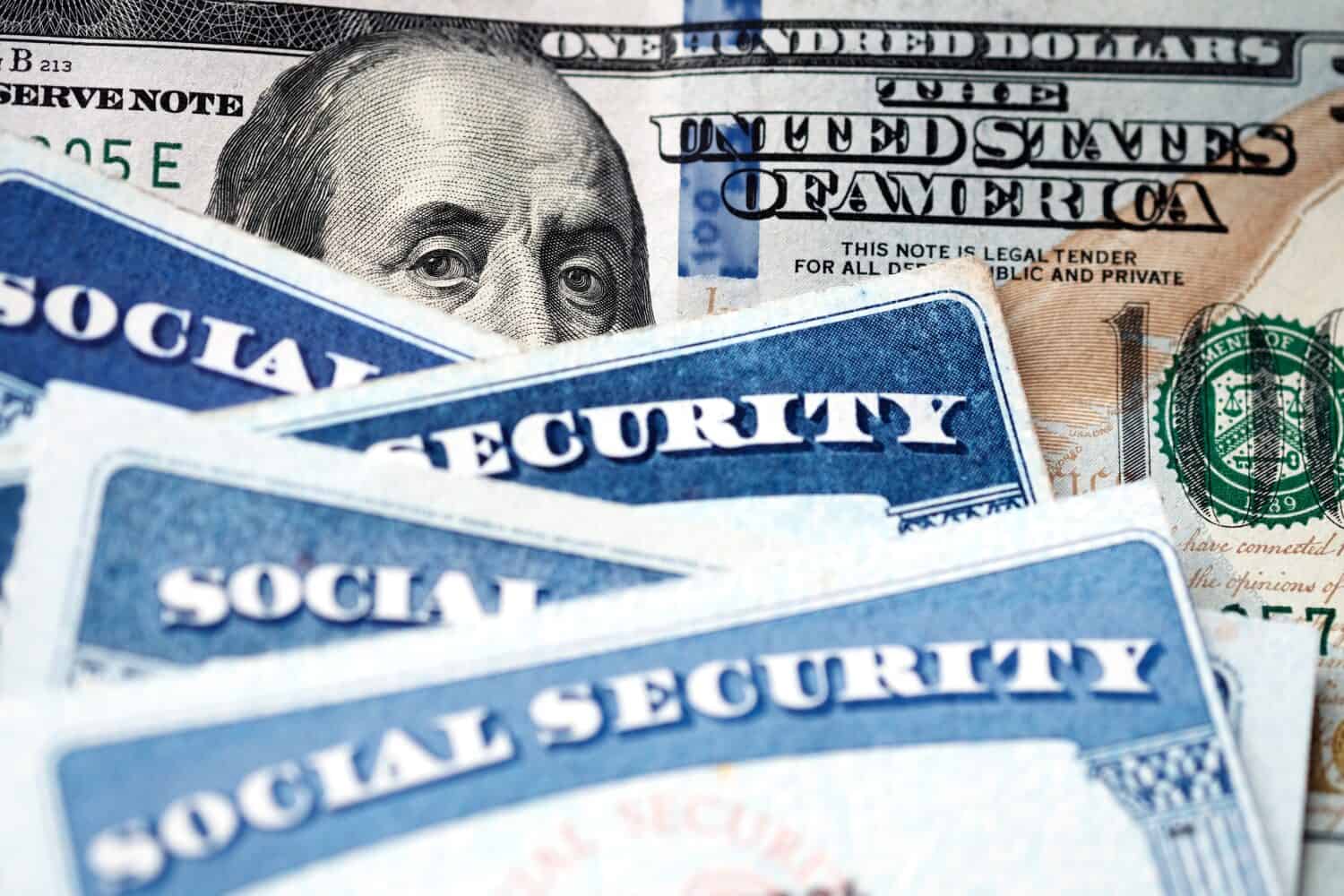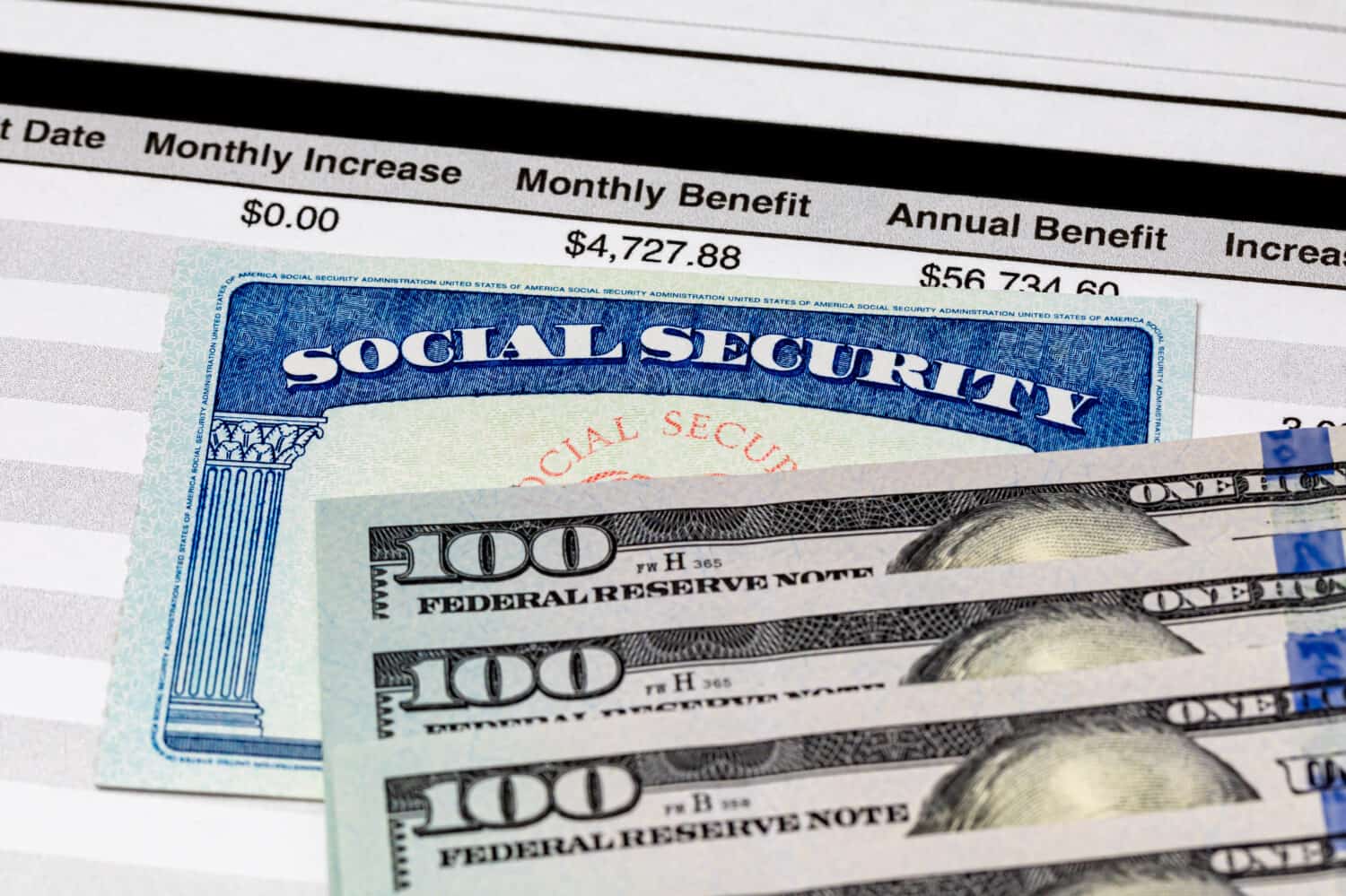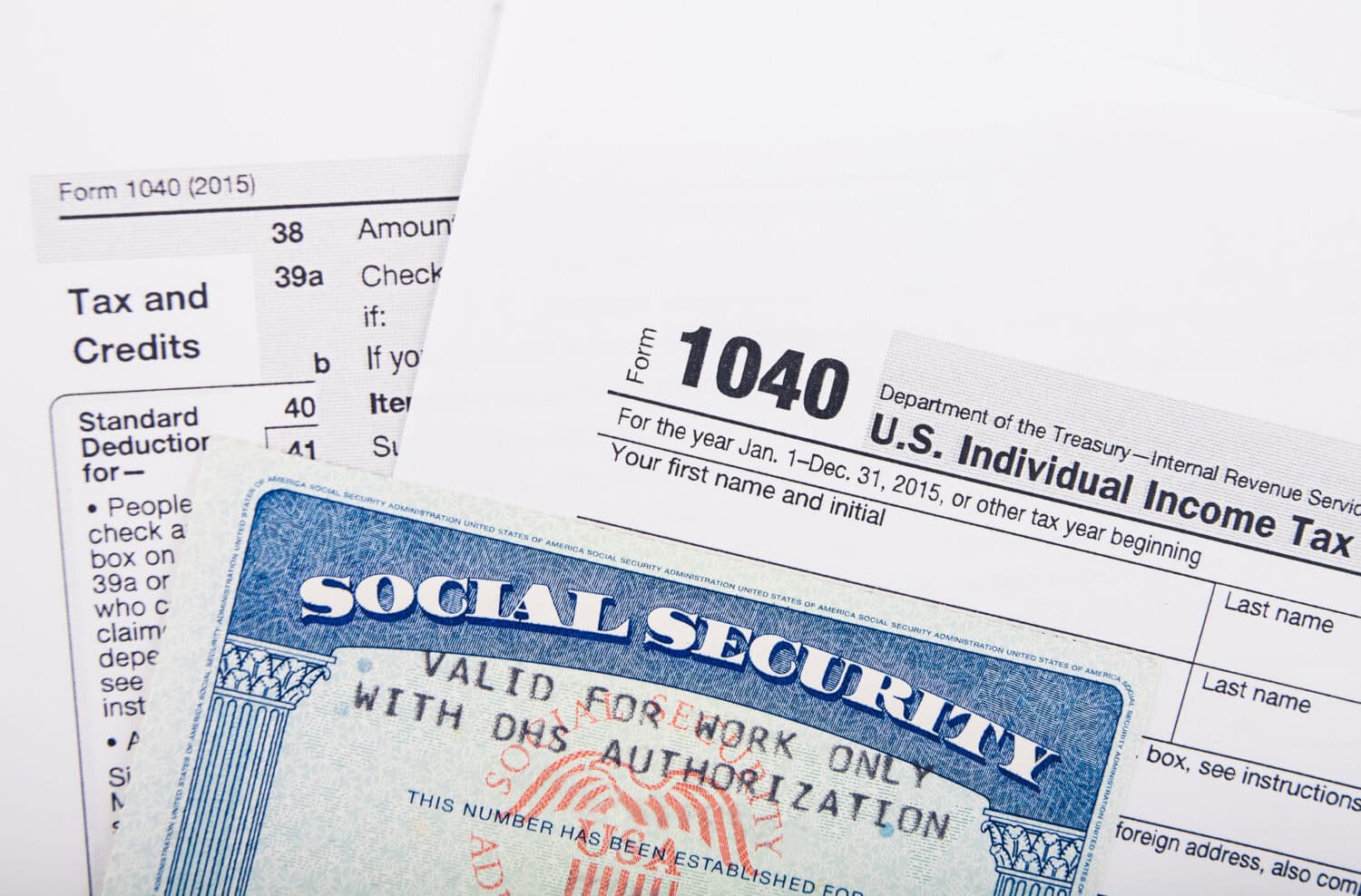Investing
Adios Social Security Benefits- These Retirees Will Not Receive Payments

Published:
Last Updated:

24/7 Wall St. Key Takeaways:
Social Security was designed to be a lifeline for millions of retirees and other Americans who rely on the program for financial support. Sadly, though, not everyone is able to rely on this safety net. The program currently offers benefits to around 64 million people, but a significant number of retirees will stop receiving benefits this year or never receive them at all.
These individuals will be vulnerable to financial hardship, whether they aren’t receiving Social Security due to filing errors or employment in non-covered industries.
We’ll take a closer look at who these retirees are and why they’re missing out on benefits below.

Social Security is a huge financial program that helps retirees and other non-working Americans cover expenses. Because we cover all sorts of information about retirement and personal finance, Social Security regularly gets covered on our blog.

Social Security is a federally funded program that’s designed to provide financial support to retirees, disabled individuals, and survivors of deceased workers. Eligibility for retirement benefits is determined by the number of work credits earned during a person’s career, which are based on income contributions made through Social Security taxes.
Most workers need 40 credits, which is approximately ten years of work, to qualify for retirement benefits. However, it can get a bit more complicated than that. Here are the workers who won’t meet this requirement:

Individuals who move to the U.S. after the age of 50 may struggle to qualify for Social Security because they haven’t earned enough work credits. Even though they might reside in the country legally, their limited time working in the U.S. makes it difficult to meet the minimum contribution threshold.
Many of these immigrants will work late into their retirement or may never retire at all. Many rely on support from their families and other government programs.

People who work irregular jobs or in industries where Social Security contributions are not withheld also don’t qualify for Social Security. Because these individuals do not have steady, formal employment, they also don’t accumulate the necessary credits to receive benefits.

Not all workers pay into the Social Security system, and if you don’t pay in, you don’t receive benefits. To receive work credits, your income had to be taxed by Social Security. This is particularly true for government jobs.
Often, these individuals receive pensions or other retirement benefits. However, they may be surprised to find out that they don’t get Social Security upon retirement.

Those who filed fraudulent claims or were overpaid by Social Security may see their benefits reduced or completely cut off. Some people accidentally misreport their income, or the Social Security Administration may mess up on their end. Either way, benefits that are overpaid must be repaid.

For those classified as “never beneficiaries,” the loss of Social Security can be devastating. Many in this group live below the poverty line, meaning that they could benefit the most from receiving a steady income from Social Security.
Without this financial lifeline, these individuals often face significant challenges in meeting basic living expenses. Retirement is often out of the question, and many will rely on other government programs to get by.

It isn’t uncommon for many retirees to face filing challenges during the application process. Sometimes, it’s not even the retirees themselves that make mistakes; it’s the administration itself. Either way, the SSA will often try to recoup any losses, often by pulling money from the recipient’s future Social Security check.
Filing errors, such as missing deadlines or providing incorrect information, can delay or even prevent the receipt of benefits. It’s estimated that Americans lose out on thousands of dollars in potential benefits due to such mistakes. It’s vital to double-check everything and even consider consulting an expert.

While some retirees fall into the “never beneficiaries” category due to circumstances beyond their control, others miss out because of preventable mistakes. Common errors include things like failing to file properly or misunderstanding eligibility requirements.
To avoid these pitfalls, we recommend:
When in doubt, feel free to ask questions! Often, it’s not asking questions that get people in trouble. For more information, read our complete guide to Social Security.
Are you ahead, or behind on retirement? For families with more than $500,000 saved for retirement, finding a financial advisor who puts your interest first can be the difference, and today it’s easier than ever. SmartAsset’s free tool matches you with up to three fiduciary financial advisors who serve your area in minutes. Each advisor has been carefully vetted and must act in your best interests. Start your search now.
If you’ve saved and built a substantial nest egg for you and your family, don’t delay; get started right here and help your retirement dreams become a retirement reality.
Thank you for reading! Have some feedback for us?
Contact the 24/7 Wall St. editorial team.